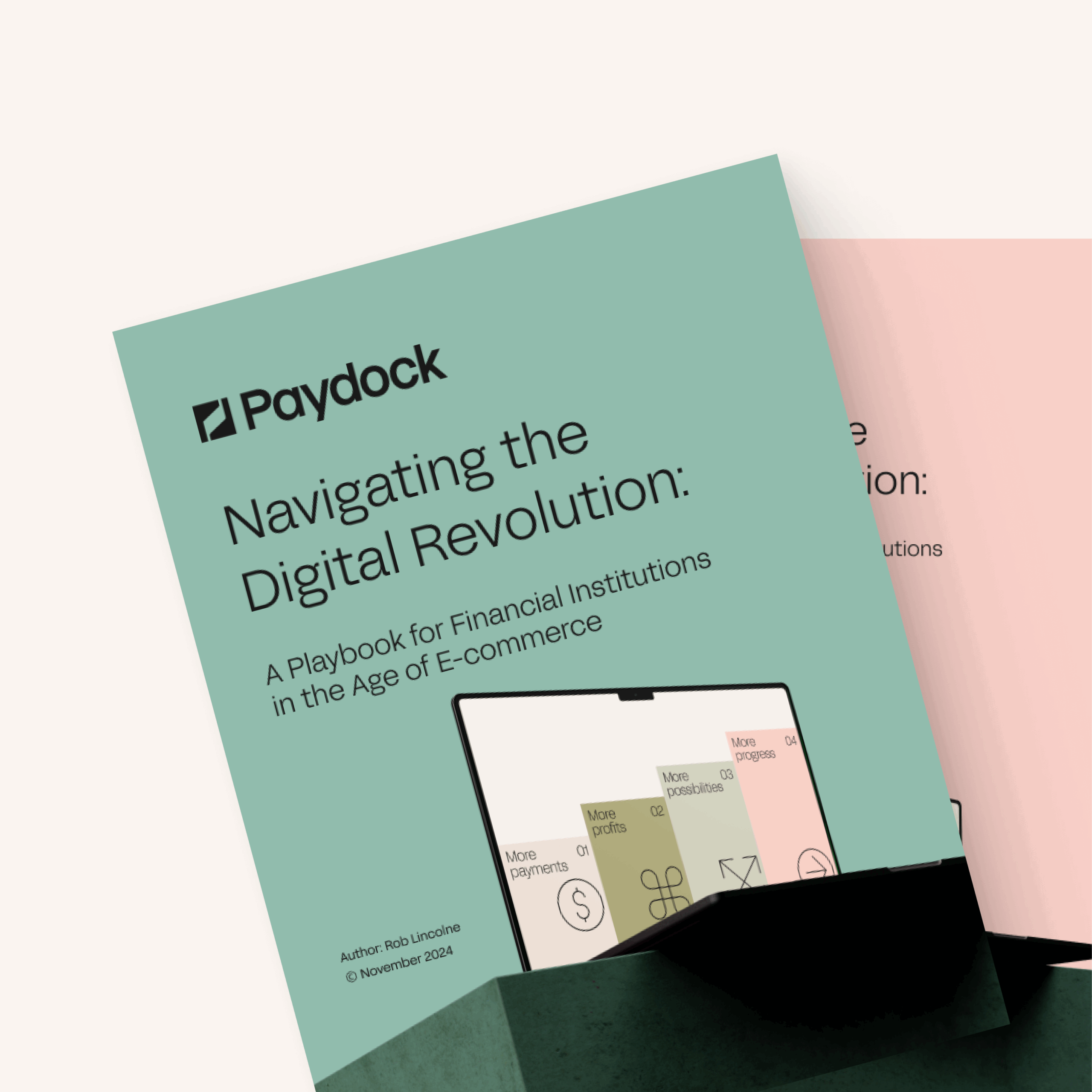The “Redefining Community Finance: Unlocking Pathways to Financial Inclusion” whitepaper by the Payment Association provided crucial insights and recommendations emphasising the need for enhanced innovation and support for the community finance sector, particularly from government and policymakers.
The report has also unearthed a crucial inflection point: the role of systemic diversity in finance has evolved. This evolution highlights the importance of Community Finance Development Institutions (CDFIs) in accelerating financial inclusion.
With over 20 years of experience helping organisations develop inclusive finance and business solutions, I believe this evolution also transcends the well-documented moral, social, and ethical imperatives for diversity. It involves a new convergence of transformational elements that could shift human biases and attitudes and enable the merging of accountable regulatory models with evolving financial services, unlocking agile inclusive practices and sustainable impact.
This evolution is a form of Diversism, consisting of three foundational elements: Data, Intelligence and People.
Here’s how they apply to three key recommendations from the report:
Rethinking the regulatory framework and business rates
Regular infusions of diverse datasets can generate the diverse intelligence required to inform the development of more agile and innovative regulatory frameworks. However, diverse data alone is not enough. Regulators need to lead candid conversations on how human biases and subsequent models designed to interpret data can perpetuate inequality for CDFIs.
Inclusive mindsets must be nurtured through dialogue and accountable actions, aligned with an agile regulatory framework.
A change in business rates may oil the wheels, but the mitigation of historical groupthink to foster innovative solutions that drive future change is key. This would empower regulatory policymakers to make actionable decisions that leverage the responsible impact power of CDFIs.
Building a community finance sandbox
The recommendation of a dedicated sandbox environment for Credit Unions, CDFIs, and wider community finance stakeholders to collaborate with fintechs, is promising.
This concept is akin to baking a cake of diverse intelligence, requiring the right ingredients mixed at the right time, perhaps with a touch of political spice for a unique kick!
However, it’s crucial to remember the purpose of this metaphorical cake – even the best-tasting cake will remain on the shelf if it doesn’t cater to the right consumer. A community finance sandbox can manage the risk of getting the mix wrong, offering essential feedback to find the right blend of ideas and solutions that benefit all.
However, solutions derived from a sandbox environment must align with resources that are as agile and innovative as the solutions themselves. This alignment will fuel the delivery of impact-driven outcomes.
Incentivising and legislating greater engagement with the community finance sector
Fostering greater engagement with the community finance sector builds trust.
At a systemic level, there is a persistent challenge: beneficiaries of incentivised and legislated engagement often receive what decision-makers think they want, and not necessarily what they need.
We need more beneficiaries at the table during strategy and policy curation – crucially, these beneficiaries must be truly diverse. Despite the advantages of having different people bringing different ideas and experiences into the room, groupthink doesn’t always disappear with diversity; it can appear in the opposite way, transforming into a separatist approach, which could exacerbate challenges.
CDFIs should be supported to introduce multi-diversity into regulatory spaces, ensuring diverse outcomes are integrated into systems and policies that govern widespread impact. The incentives for achieving this is still up for debate, but the purpose should be on ensuring that this integration allows for genuine inclusivity at scale.
In conclusion…
Global volatility has led the financial services sector to enter a pivotal time where embracing systemic diversity can lead to significant advancements in financial inclusion.
By rethinking regulatory frameworks, nurturing the growth of evidence-based intelligence and incentivising diverse engagement, we can create a more inclusive financial landscape where commercial growth and responsible impact co-exist.
In my experience of working with financial leaders from an approach of Diversism, I have often found that understanding how this balance can be tailored to work practically for their organisation empowers a connected buy-in for leading change from the top down.
This is key for learning from the work of CDFIs and integrating this within governance and operational processes and systems. Leadership accountability helps to make traditional regulatory models more innovative, inclusive, and sustainable.
By committing to these principles, I truly believe that payment providers, fintechs, finance providers and the broader UK financial services sector can collectively lead the way in creating a more equitable and sustainable financial services sector, for the benefit of all.
About the author

Joel has over 20 years experience of consulting with global blue-chip corporates, banking organisations, active investors and capital providers on the development of inclusive business and finance solutions. His work has helped to fund over 700 diverse businesses, deployed over £200 million in SME finance and he has led the development of inclusive innovation partnerships between global organisations.
Joel is a Business Ambassador for global financial technology software company Sage and was awarded ESG Entrepreneur of the Year in the CityAM Impact Awards in 2023. His experience has propelled him to guest lecture at several globally recognised business schools, facilitate conferences and events, and advise No 10 Downing Street business policy leads on UK inclusive business growth strategies.
In 2019, he was voted as one of the Most Influential Black Voices in UK Tech by Tech Nation and was also awarded an O.B.E for Services to Business Support and Enterprise in 2016.



























